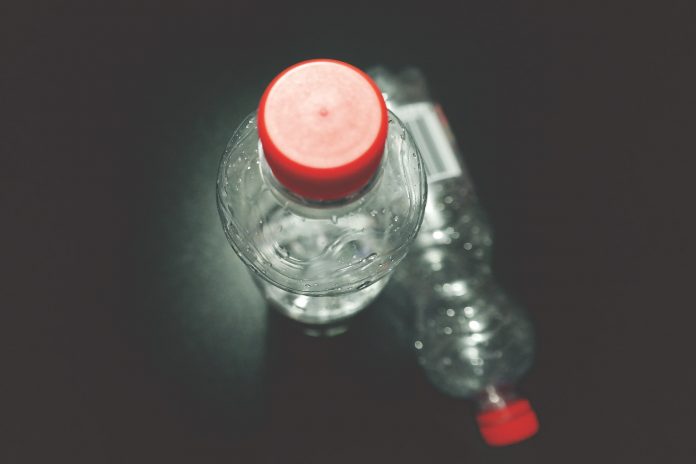As our population grows, so does our need to consume; and with it, the waste we produce. There are more plastic waste filling up landfills and swirling in oceans than ever before. People all over the world are starting to do their part in reducing the plastic waste that they produce, from individuals simply reusing plastic products, to plastic manufacturers and molding companies implementing recycling methods into their production processes. Even a small gesture can leave a lasting impact, so here are some tips so that you too can start recycling.
Keep an eye out for long-term waste
Even before actually starting any recycling, try to predict the amount of waste a product you have bought will generate in the long run. If a certain product comes with a lot of packaging, think about how you might be able to reuse it. Things that are meant to wear down over time like phones and other electronics might be more economical if you purchase models that last the longest even at a greater cost. Products that are cheaper upfront tend to be the ones that don’t last a long time and thus, produce more waste
Familiarize yourself with recycling rules
Depending on the area you live, there may be some rules regarding recycling that you may need to read up on. Some cities might not be able to process some kinds of waste, so make sure you don’t mistakenly send in the wrong kind. Doing your due research also enables you to determine whether or not the city and its recycling plant actually does what it claims. Some areas might simply be dumping their waste somewhere else without actually doing any form of recycling, in which case, you might be better off doing it yourself.
Know what to do with your plastic bottles
Plastic bottles serve a wide variety of different purposes, so proper care must be taken in order to safely reuse them. Sort your empty plastic bottles according to what they used to contain. Beverage containers like soda bottles, milk, and juice jugs need only be washed with soap and rinsed with water and can be used to store water and other large amounts of liquid. Plastic jars that are used to hold peanut butter and mayonnaise as well as bottles for cooking oil and salad dressings contain residual oils that may be harder to wash off. Shampoo, laundry detergent, and other household cleaner bottles must not be reused for food purposes as dangerous soap residue may have remained. No matter the kind of bottle or how they are going to be recycled, make sure to also remove the caps.
Key Takeaway
Curbing the plastic waste epidemic starts with the small steps we take. Whether you are in charge of a plastic molding company, or just the average person, recycling plastic waste should be one of our top priorities. By doing so, we can help in reducing the amount of plastic that ends up as waste, and hopefully in time, completely get rid of plastic waste altogether.


